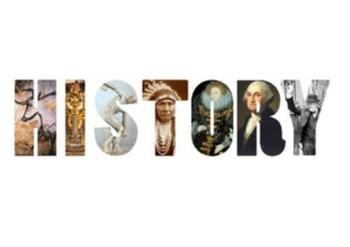Intent
At Twiss Green Community Primary, we believe that high-quality history lessons inspire children to want to know more about the past and to think and act as historians. Children have opportunities to investigate and interpret the past, understand chronology, build an overview of Britain’s past as well as that of the wider world, and to be able to communicate historically. We make links with our locality, wherever possible. We teach skills and knowledge as set out in the National curriculum and ensure that is accessible for all.
It is our intention that the children develop;
A good knowledge and understanding of people, events and contexts from a range of historical periods, including significant events in Britain’s past.
The ability to think critically about history and communicate ideas confidently.
The ability to support, evaluate and challenge their own and others’ views using historical evidence from a range of sources.
The ability to think, reflect, discuss and evaluate the past by formulating questions and lines of enquiry.
A respect for historical evidence and the ability to make critical use of it to support their learning.
A desire to embrace challenging activities, including opportunities to undertake research across a range of history themes.
A developing sense of curiosity about the past; how and why people interpret the past in different ways.
Implementation
History is taught through specific units of learning throughout the year, so that children achieve depth in their learning. The Early Years Foundation Stage (EYFS) follows the ‘Statutory framework for the early years foundation stage’, which aims for all children in Reception to have an ‘Understanding of the World; past and present, people, culture and communities and the natural world’ by the end of the academic year. Teachers have identified the key concepts, knowledge and skills of each unit of learning and consideration has been given to ensure progression. By the end of Year 6, children will have a chronological understanding of British history from the Stone Age to the present day. They are able to draw comparisons and make connections between different time periods and their own lives. Interlinked with this are studies of world history, such as the ancient civilisations of Greece and the Mayans.
The local area is also utilised to achieve the desired outcomes, with opportunities for learning outside the classroom. Planning is informed by and aligned with the national curriculum. Consideration is given to how learners will be supported in line with the school’s commitment to inclusion. Outcomes of work are monitored to ensure that they reflect a sound understanding of the key identified knowledge.
Impact
Outcomes in History books evidence a broad and balanced history curriculum and demonstrate the children’s acquisition of identified key knowledge, skills and concepts. Children demonstrate ‘sticky knowledge’ in ‘I can still remember…’ tasks and reflection tasks at the end of a unit of learning. Emphasis is placed on analytical thinking and questioning which helps pupils gain a coherent knowledge and understanding of Britain’s past. They gain an understanding of the wider world and are curious to know more about the past. Pupils learn to ask perceptive questions, think critically, weigh evidence, sift arguments, and develop perspective and judgement.

